Free drink refills at McDonald’s have been a beloved feature for years, but this convenience is slowly disappearing. By 2032, McDonald’s plans to completely phase out its self-serve soda fountains for dine-in customers.
This change is not just about reducing costs, though. It reflects broader shifts in the fast-food industry as a whole.
The High Cost of Maintenance
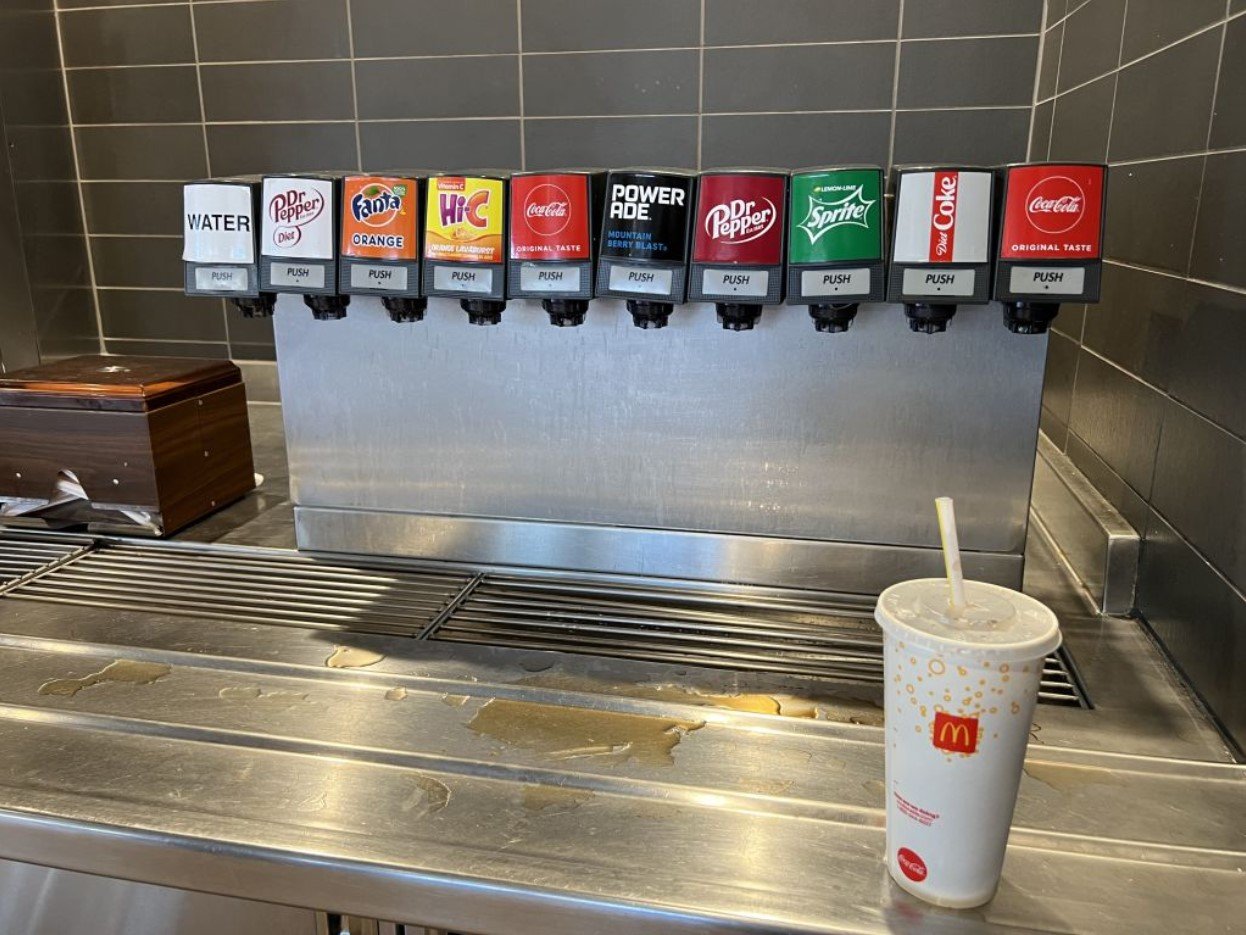
Maintaining self-serve soda machines is expensive and labor-intensive. Alex Susskind from Cornell University highlights the significant cleaning required, including replacing ice and cleaning up spills.
These tasks add up, making self-serve soda machines less appealing for the company. The costs associated with maintaining these machines are substantial, prompting McDonald’s to reconsider their value in the long run.
Theft Concerns
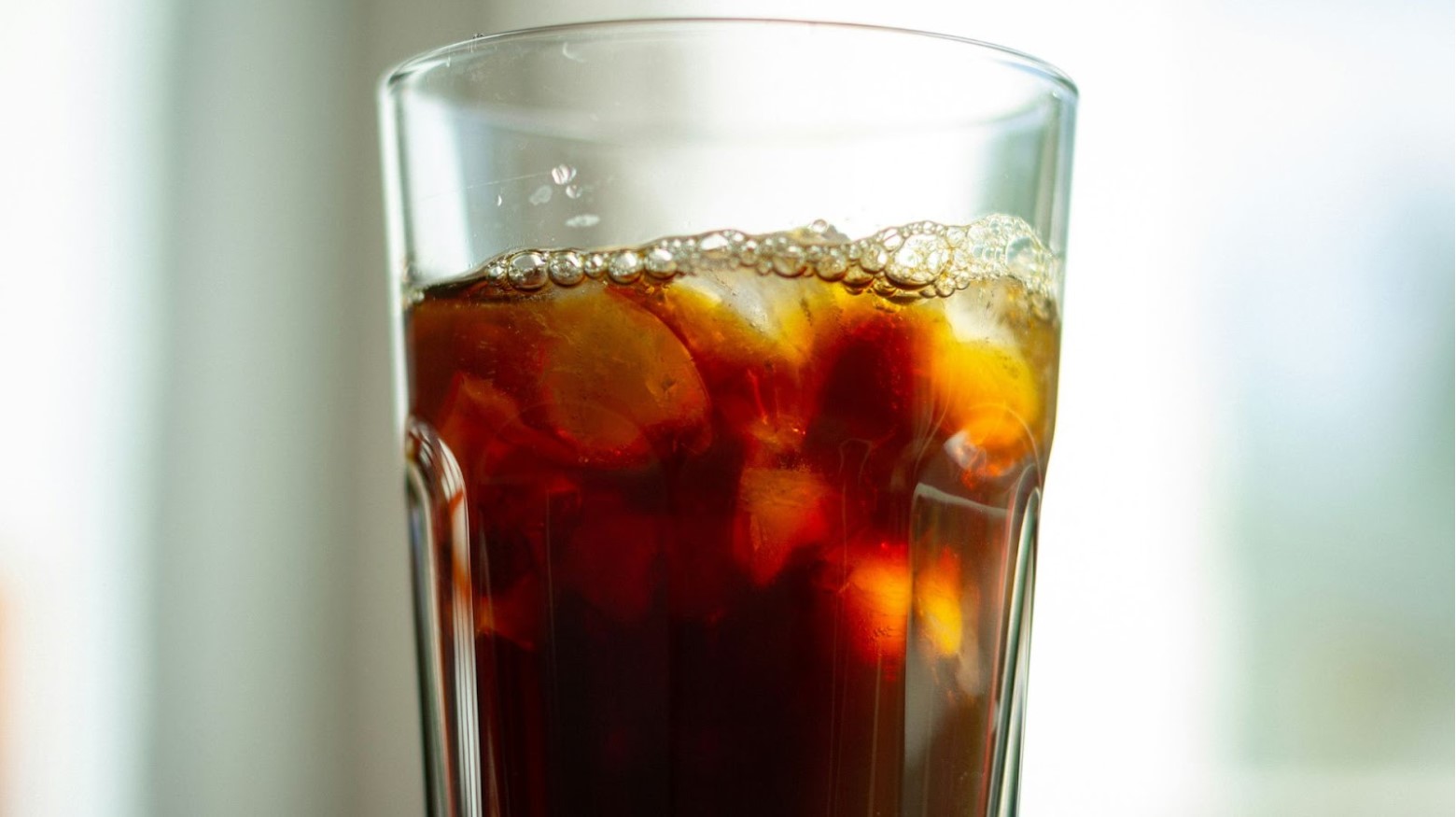
Drink theft has been a growing issue. TikTok-famous ex-McDonald’s corporate chef Mike Haracz noted that preventing drink theft is a key factor in the decision to remove self-serve options.
Customers often take more than they pay for, which impacts the company’s bottom line. By eliminating self-serve stations, McDonald’s aims to reduce these losses and improve overall profitability.
Preference for Drive-Thru Service
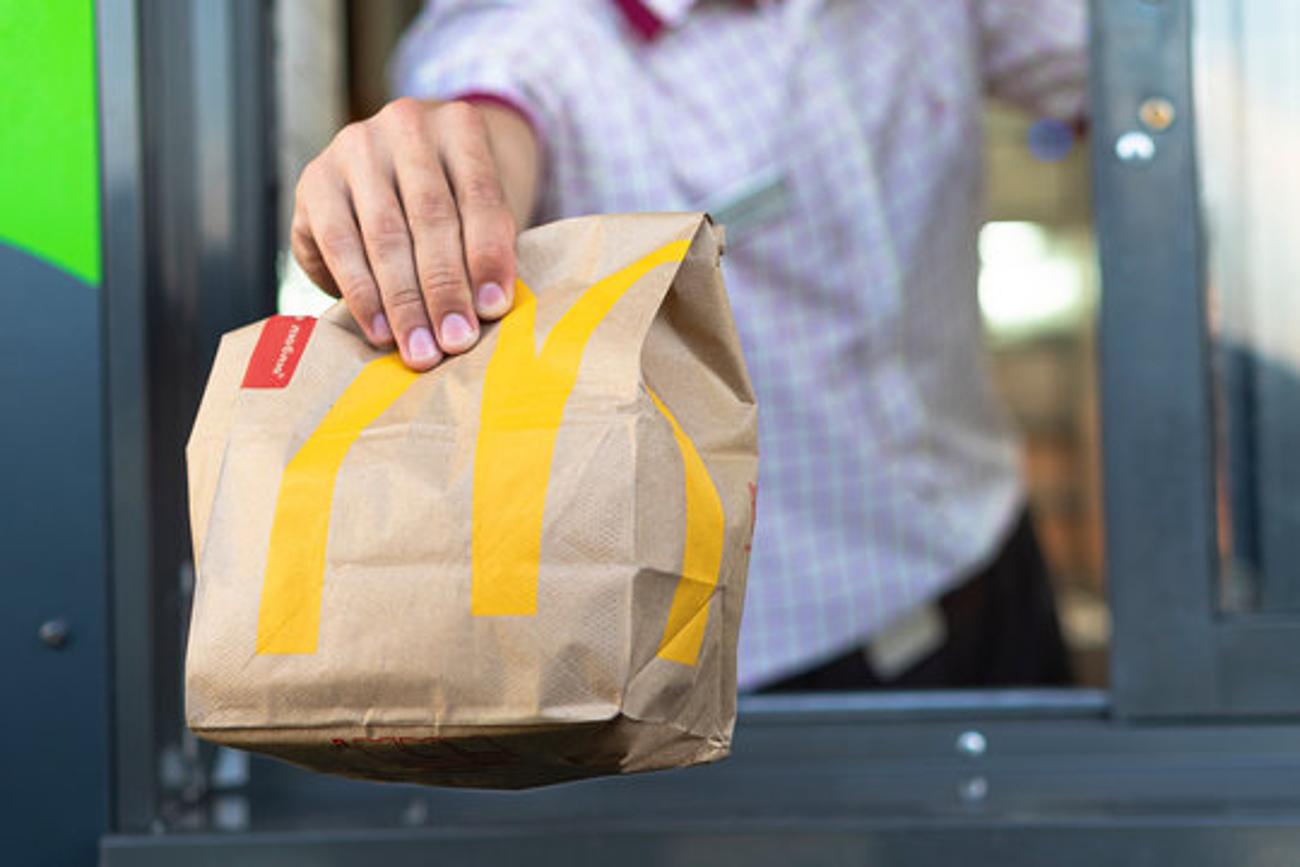
Most of McDonald’s business now comes from drive-thru orders. According to Haracz, it’s more cost-effective for McDonald’s to serve customers quickly through the drive-thru rather than managing dine-in patrons.
This shift helps the company reduce costs and increase efficiency. Drive-thru service not only speeds up transactions but also minimizes the need for additional staff to manage dine-in areas.
Declining Dine-In Volumes
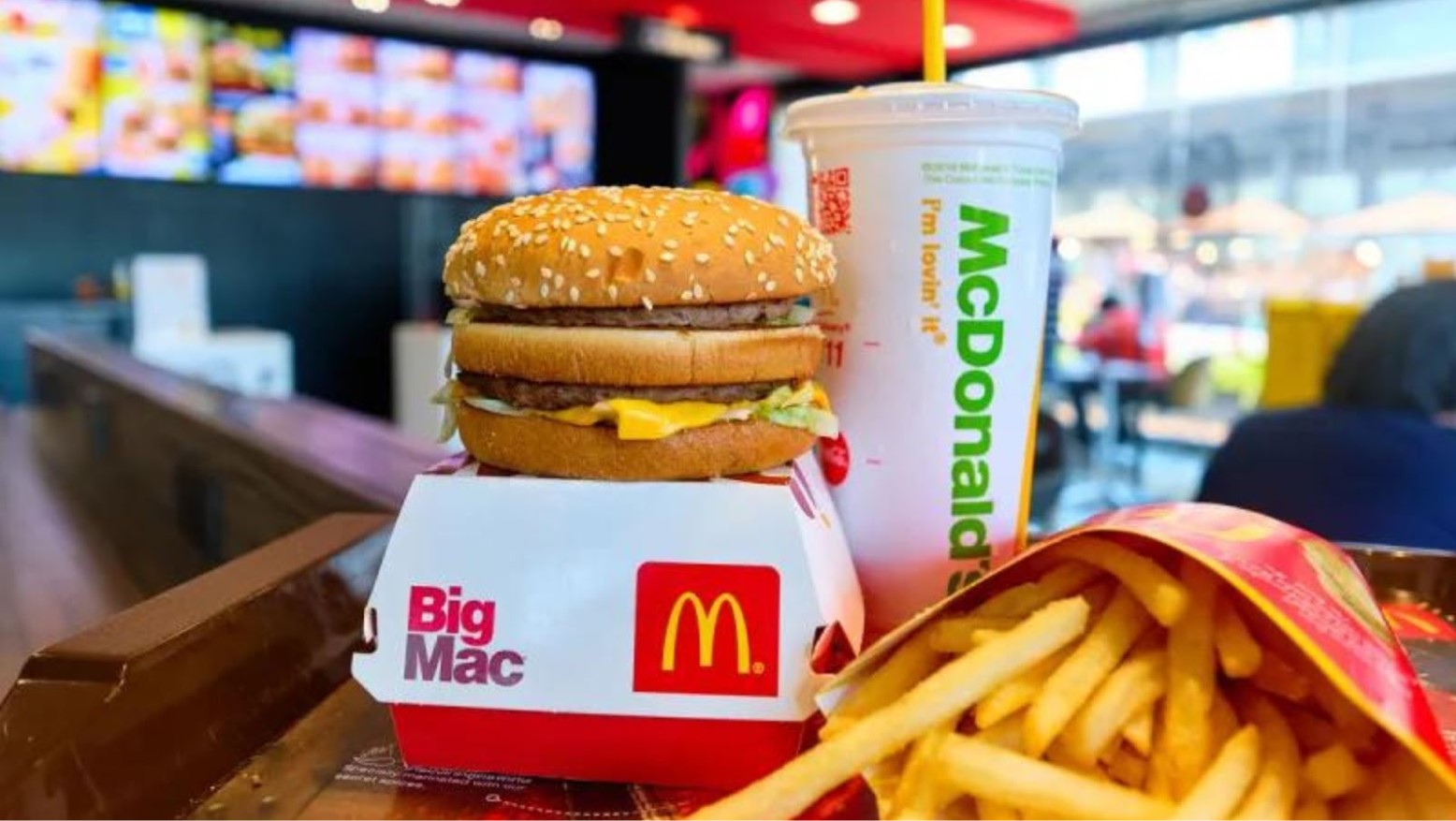
Dine-in volumes at McDonald’s have significantly decreased. David Henkes from Technomic mentions that the reduction in dine-in customers makes it less viable to maintain self-serve soda machines.
With fewer people dining in, the costs outweigh the benefits. This trend reflects a broader shift in consumer behavior, with more customers opting for takeout or delivery options.
Industry-Wide Trends
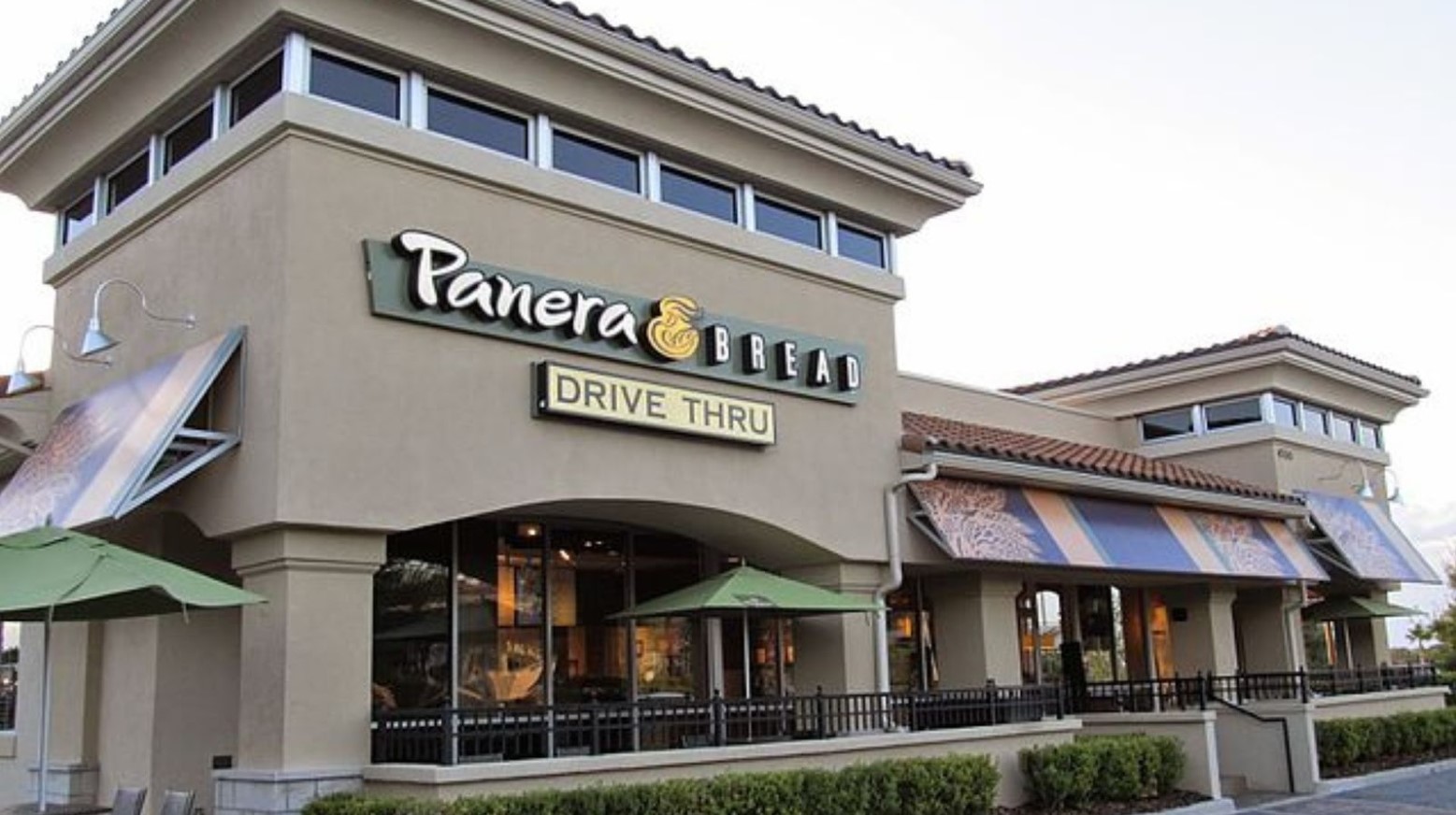
McDonald’s isn’t the only one making this change. Panera Bread, Wegmans, and various food courts across western New York and Pennsylvania are also removing self-serve soda machines.
These companies follow McDonald’s lead, recognizing the benefits of this shift. The trend indicates a significant change in how fast-food and casual dining establishments manage beverage services.
Individual Franchise Decisions
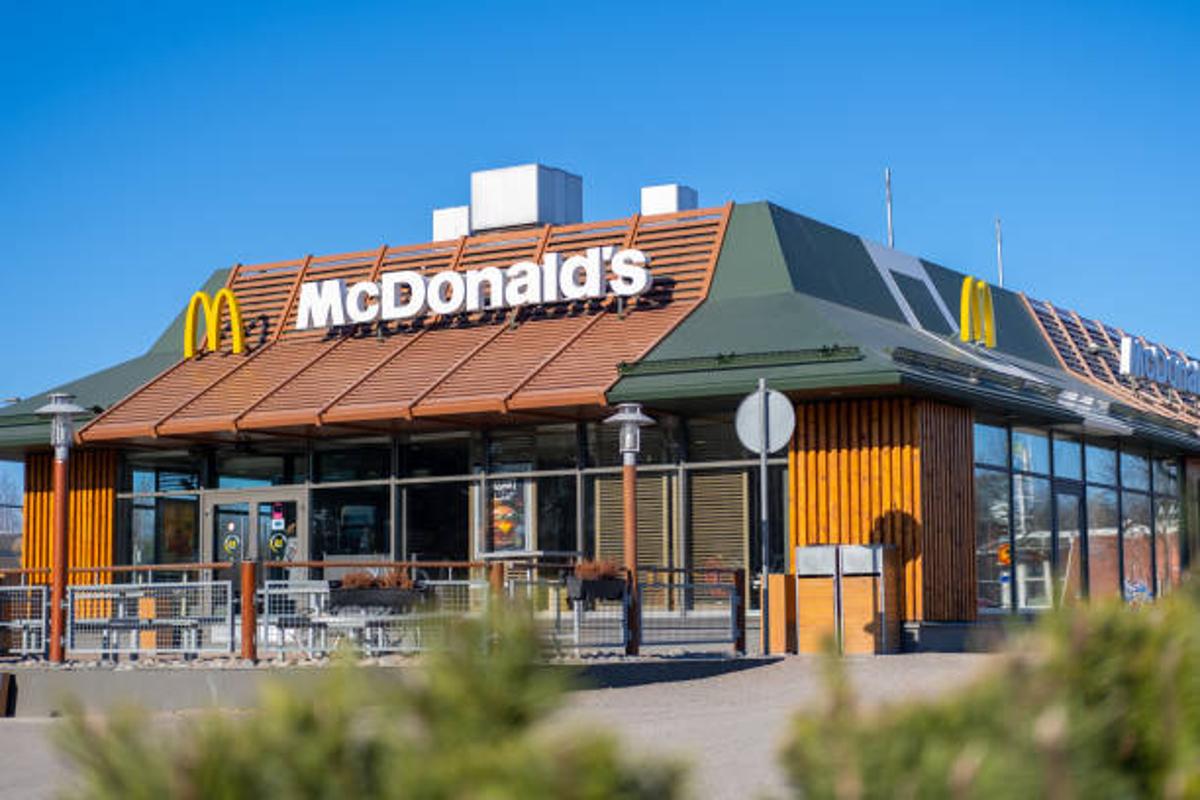
While McDonald’s is phasing out self-serve soda machines, the decision to charge for refills is left to individual franchise owners. Some locations have already started charging for refills, sparking mixed reactions from customers.
This approach allows franchises to adapt to local market conditions and customer preferences, providing a bit of flexibility within the broader corporate strategy.
Customer Reactions
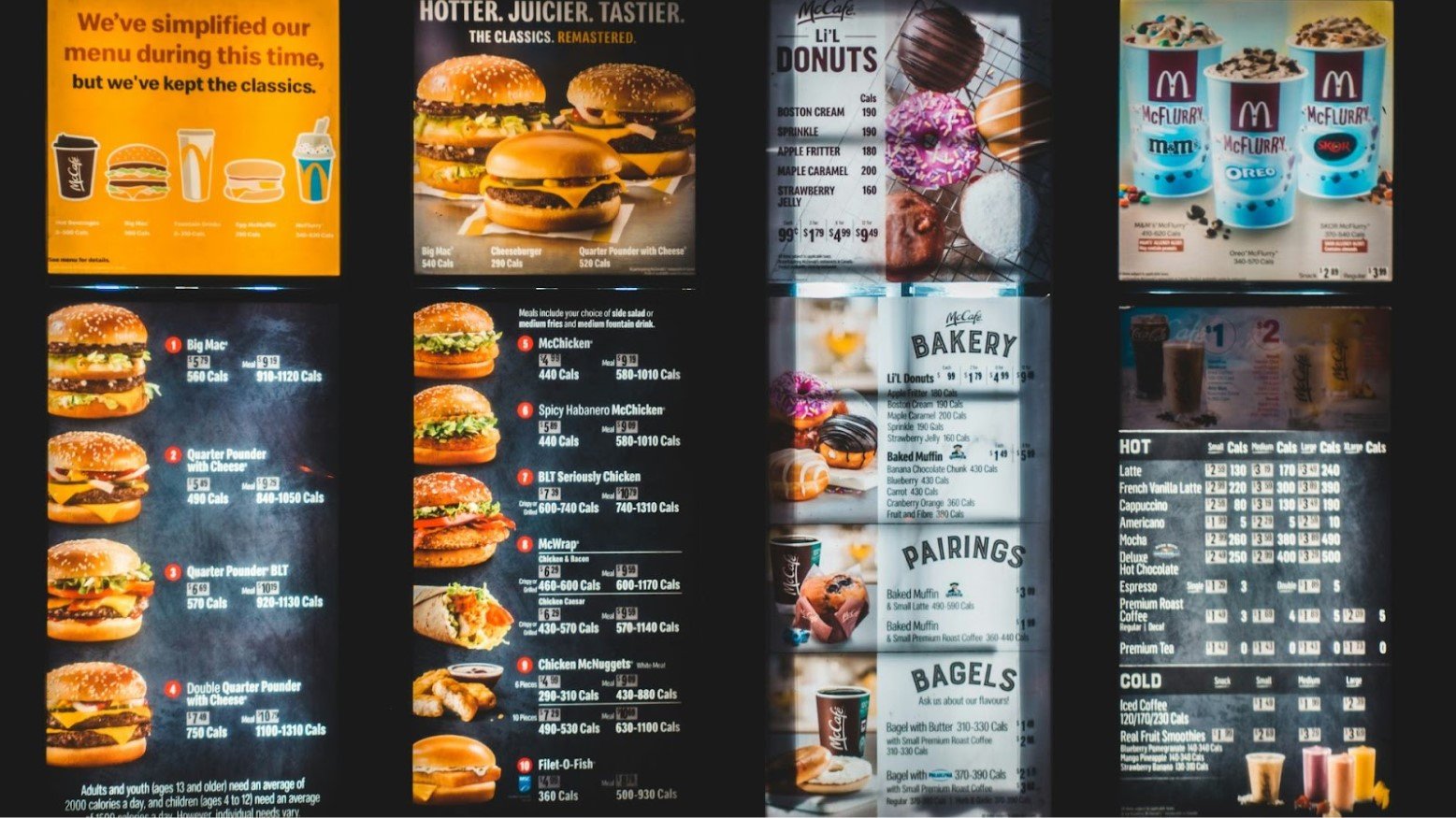
Many customers are disappointed by the loss of free refills. A recent post on X by a Pittsburgh resident lamented the change, questioning, “Pretty wild, they’re probably no longer do free refills anymore also. What is the world coming to?”
Despite this, the shift is seen as a necessary business decision by McDonald’s as businesses adapt to new economic realities.
Quotes from Industry Experts
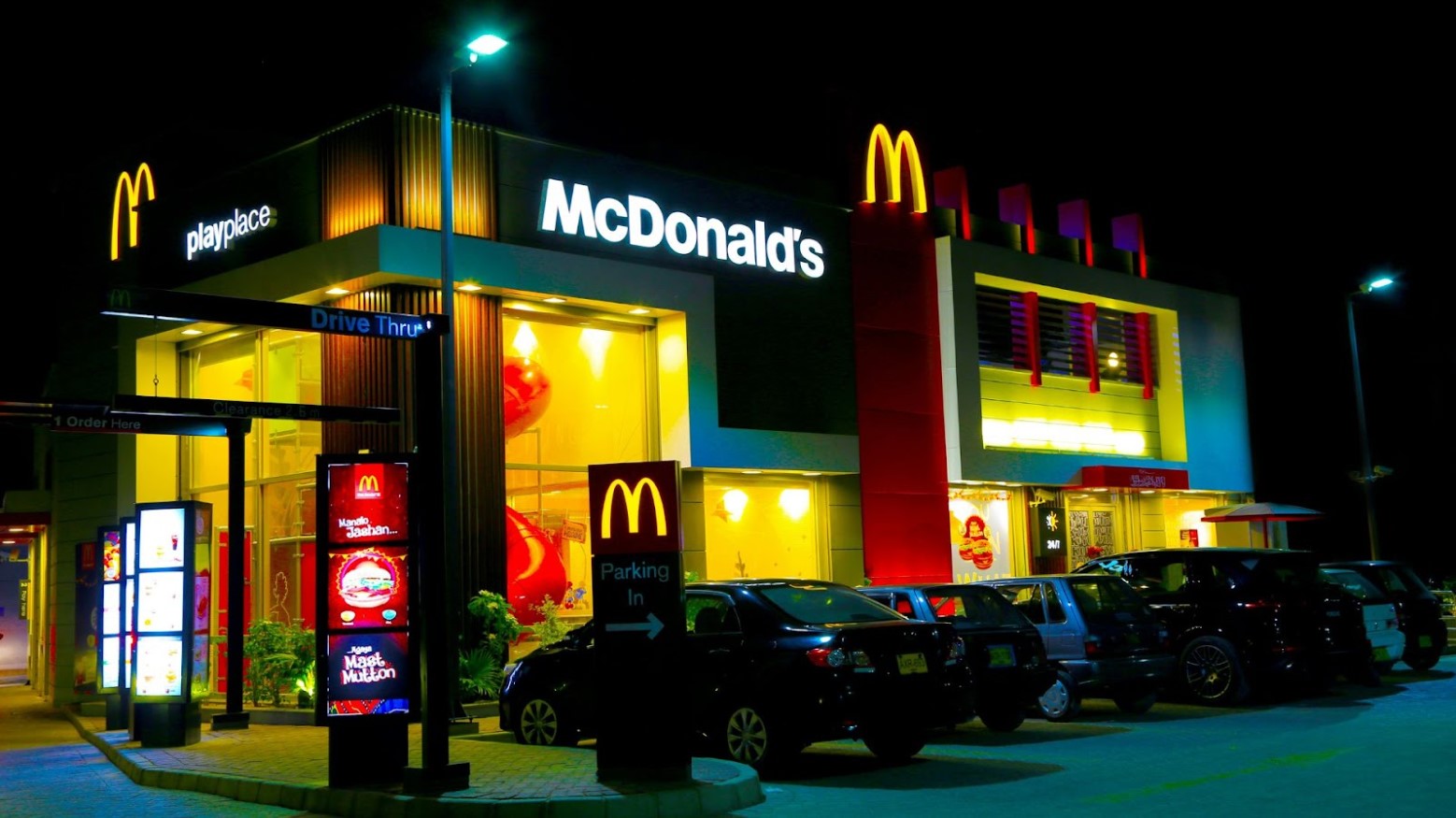
Darren Tristano, CEO of FoodserviceResults, explains, “McDonald’s tends to be a leader in the industry. And very often, when they make big changes, other restaurants follow suit.”
Put plainly, the company’s strategic decisions often pave the way for similar moves by competitors, shaping the overall market landscape.
Operational Efficiency
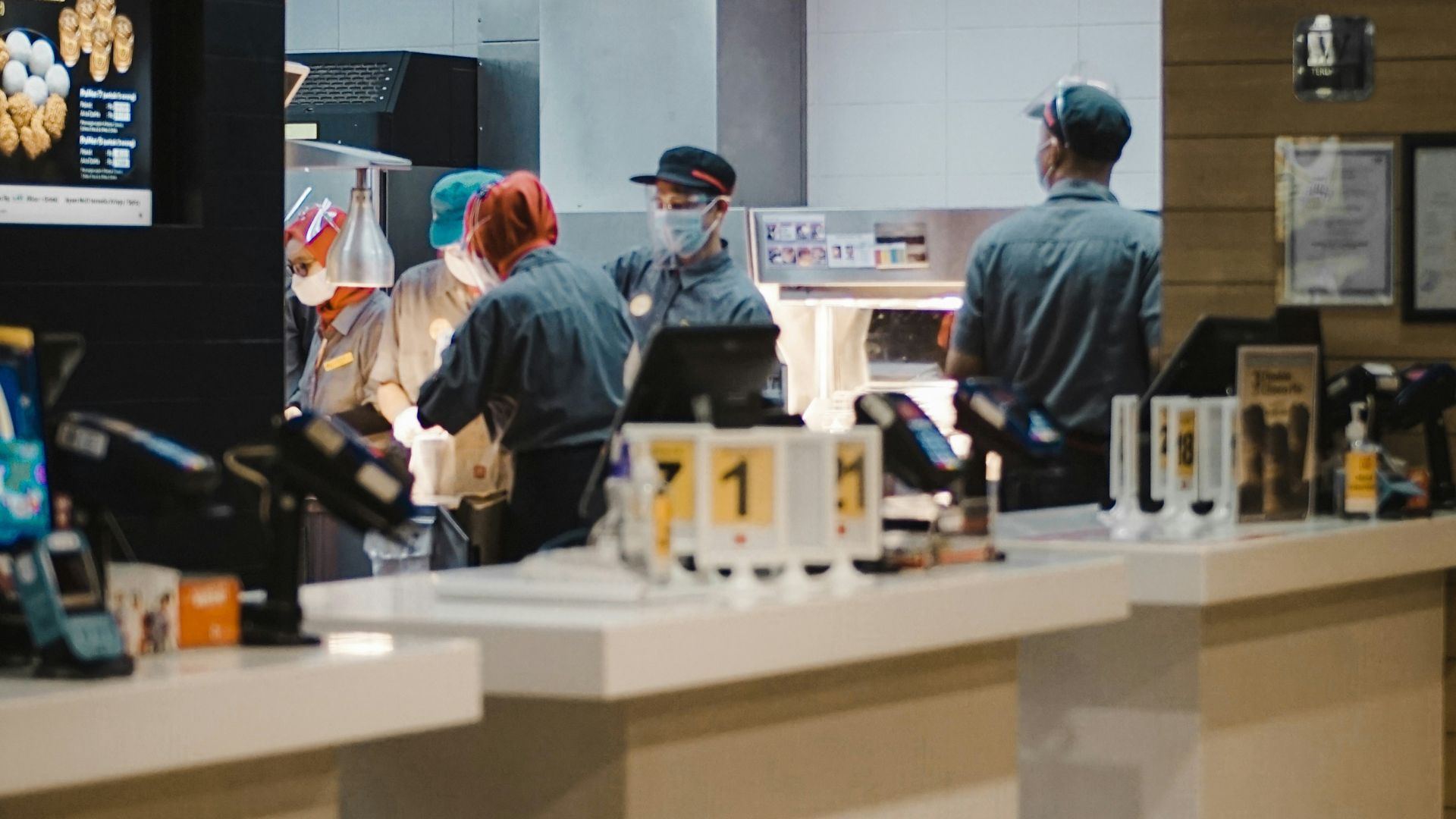
The push towards drive-thru service is not just about cost. It’s also about operational efficiency. Faster turnover times mean more customers served in less time, which is crucial for maintaining profitability in a competitive market.
By focusing on drive-thru service, McDonald’s can streamline operations and reduce the complexity associated with managing dine-in services.
Financial Considerations
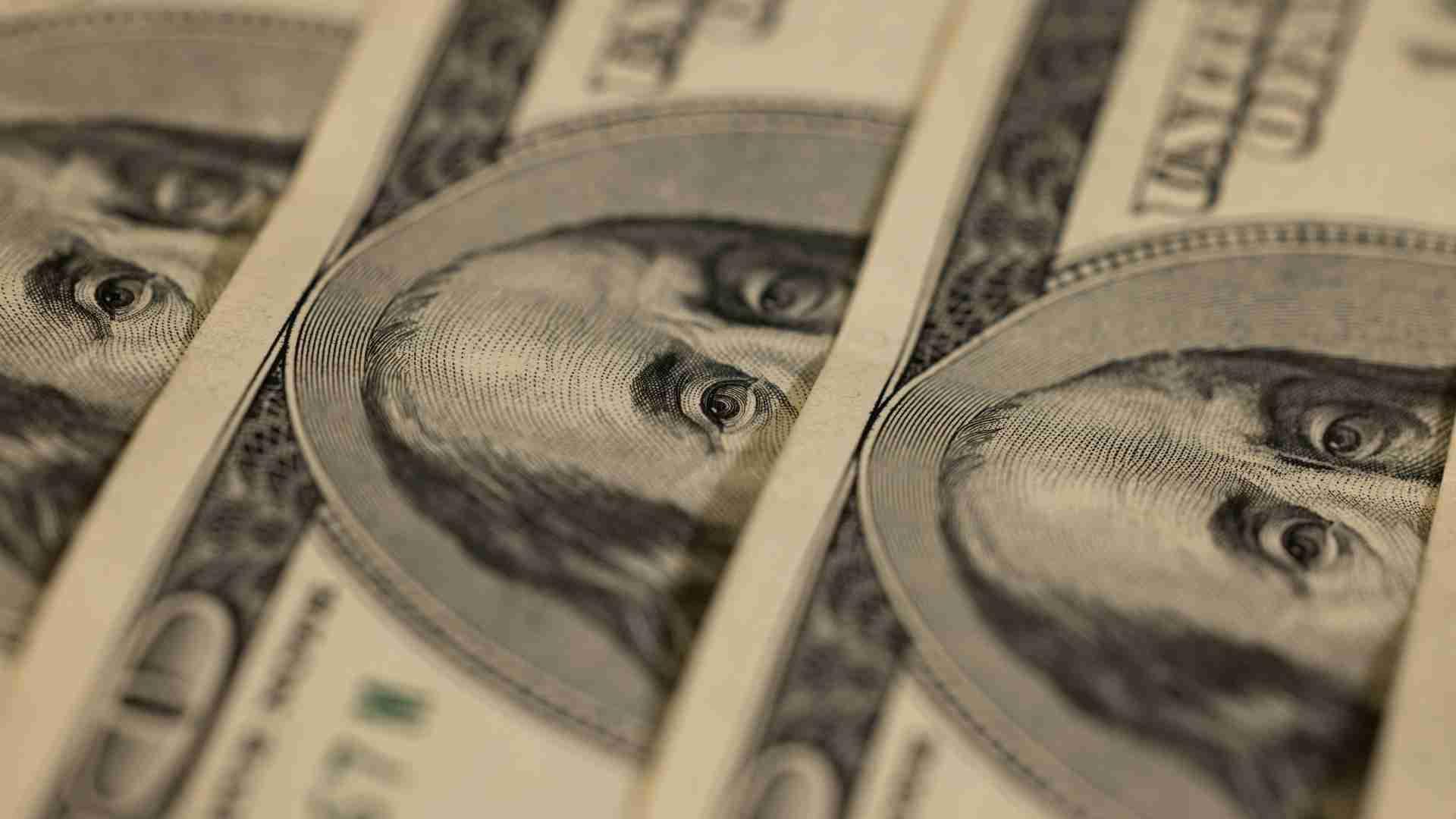
Even small savings add up. Henkes points out, “It’s essentially pennies per drink for the cost of the syrup,” but these savings can be significant over time.
This financial rationale supports the decision to end free refills. By minimizing waste and optimizing costs, McDonald’s can enhance its financial performance and invest in other areas of the business.
Looking Ahead
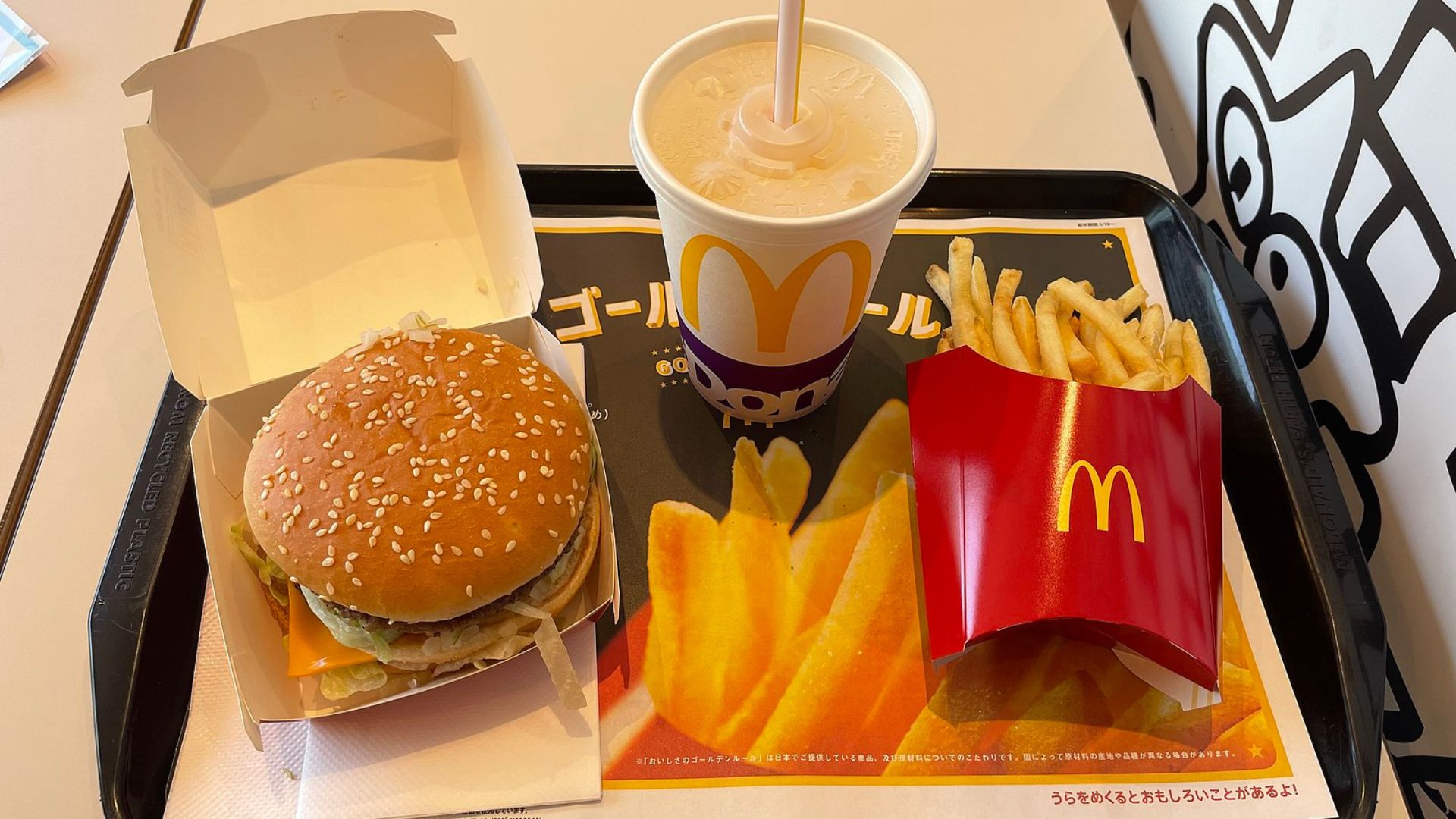
As McDonald’s and other fast-food chains continue to evolve, customers can expect more changes aimed at improving efficiency and reducing costs.
The era of free drink refills may be ending, but these decisions are part of a broader strategy to adapt to changing market conditions. Future innovations and adaptations will likely focus on balancing customer satisfaction with operational sustainability.


